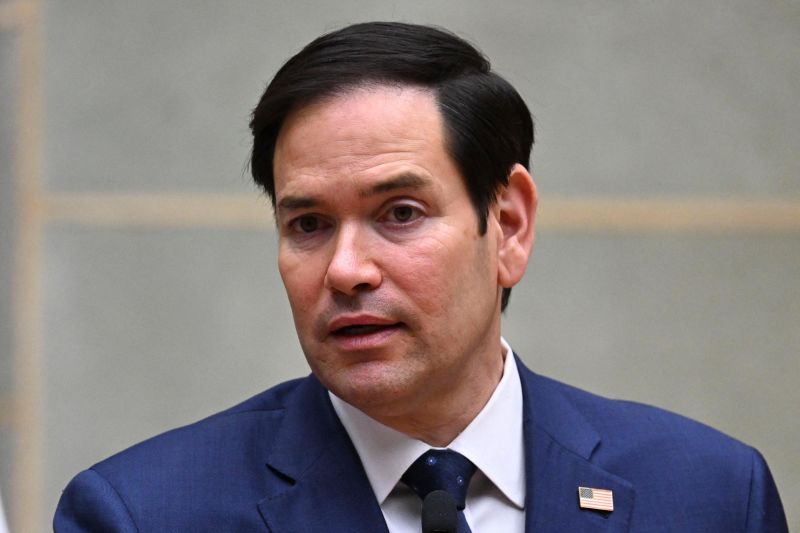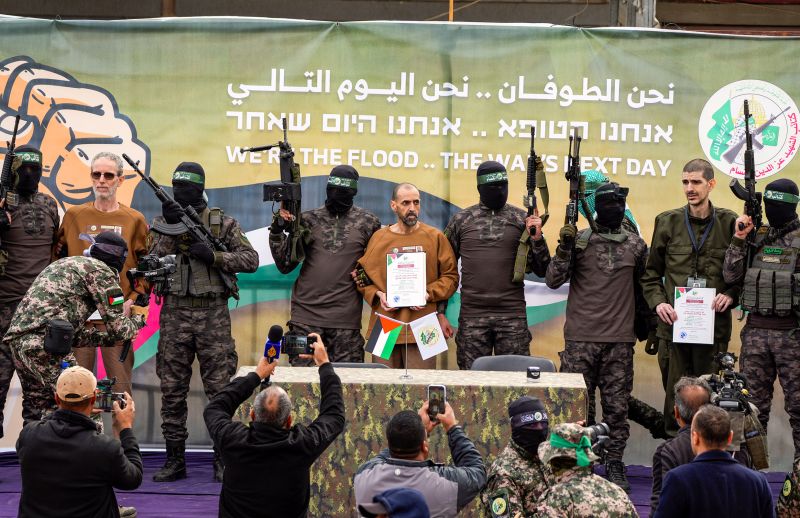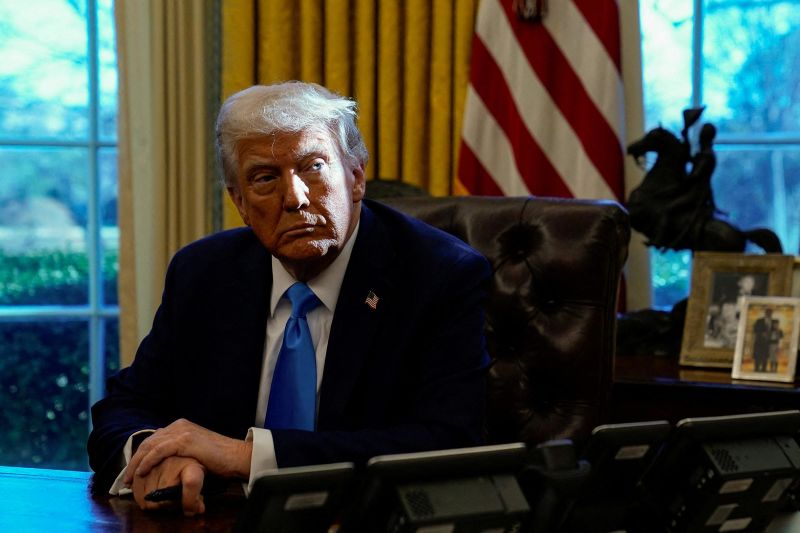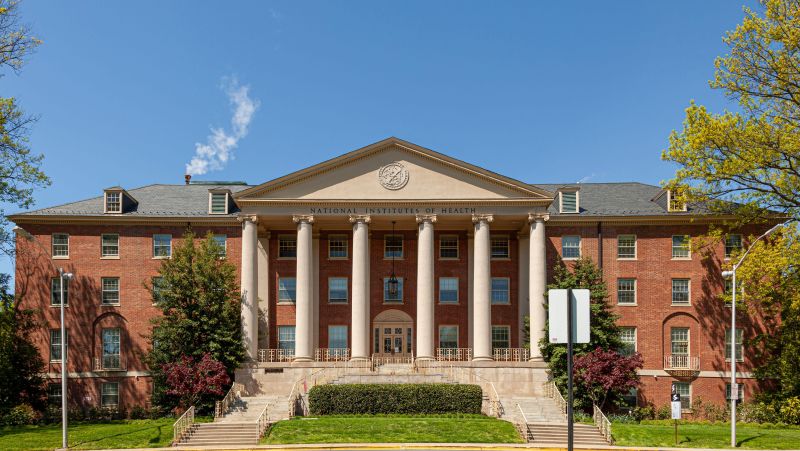The US State Department says humanitarian assistance can continue. Foreign aid workers say that’s not happening

As the Trump’s administration’s 90-day freeze on nearly all US foreign aid continues into a third week, thousands of USAID personnel were expected to be placed on administrative leave or fired, with plans to only retain several hundred personnel deemed “essential,” effectively gutting the agency. However, a federal judge Friday temporarily blocked the Trump administration’s plans to put 2,200 direct hire USAID employees on leave and halted the accelerated removal of staffers from countries around the world.
“The goal of our endeavor has always been to identify programs that work and continue them and to identify programs that are not aligned with our national interest and identify those and address them,” Rubio said Thursday during a visit to the Dominican Republic.
Rubio, now the acting administrator of USAID, reiterated earlier this week that he had issued a blanket waiver for lifesaving programs.
“If it’s providing food or medicine or anything that is saving lives and is immediate and urgent, you’re not included in the freeze. I don’t know how much more clear we can be than that,” Rubio said, questioning the competency of organizations that haven’t applied for a waiver.
Almost all USAID humanitarian assistance programs remain stopped in their tracks, they said.
“Our payment systems have been taken over. We no longer can pay. We don’t have staff,” the USAID employee said, adding that has caused even supposedly exempt work to stop, in dire places like Syria, Yemen, Lebanon and Ethiopia.
The power to process payments has “been taken away from USAID,” the agency employee said.
But even those limited activities have been disrupted because NGOs don’t have money to pay the salaries of aid workers and, in some cases, USAID stop-work orders are still in place.
Meanwhile, food procurement in the Tigray region of Ethiopia has been halted, according to a coalition of humanitarian NGOs in the country. And nutrition services for malnourished children and adults have also been suspended, despite Rubio’s waiver for lifesaving food assistance.
In Syrian refugee camps, the US funded coordination costs and services to protect aid workers. That money is now frozen, meaning even organizations with other funding have suspended operations, according to a source familiar with the situation.
Food kitchens funded by the US in Sudan are already shutting down, according to Jeremy Konyndyk, the president of Refugees International and a former USAID official.
“A lot of displaced people and a lot of people who are caught in famine and other crises could be harmed, if not gravely harmed, if not killed by this pullback of aid,” Konyndyk said, warning of the wide-reaching impact on refugees in Sudan, Syria and Gaza.
Konyndyk also noted that USAID employees can’t act on the waivers if they are locked out of their government systems or placed on administrative leave.
Waiver ‘100% meaningless,’ aid worker says
Many USAID projects are carried out by federal contractors, which typically cover costs up front and then submit invoices for reimbursement – but USAID isn’t currently processing those payments, a USAID official said Friday.
Federal contractors at two US companies said their invoices have not been paid since Inauguration Day.
“The work we do on behalf of the US government provides critical health commodities to address HIV/AIDS and malaria around the world, supports efforts to curb migration from Central America, engages the US agriculture partners and know how to support Ukrainian food production, and supports democracies throughout the world,” a spokesperson for Chemonics said in a statement. “As a result of the stop-work order, we have been unable to withdraw funds from the letter of credit to pay vendors and for expenses incurred prior to the stop-work order.”
According to the Professional Services Council, the trade association for many federal contractors, the US government owes its member companies about $500 million in unpaid invoices since the foreign aid freeze went into effect.
“These payments would be for completed work required by existing contracts and for which contractors had already spent the money,” the council said in a statement, calling on the government to “pay its bills.”
Some aid efforts are also being stopped because groups implementing the projects have not been given clarity on what activities are allowed to continue.
“If a partner proceeds without clarity on what they are allowed to do under their award and under this executive order, then they are taking an enormous risk,” one USAID employee said. If they do something – even if it’s lifesaving – that is later deemed to go against the order, “they will get slammed down and maybe shut down.”







